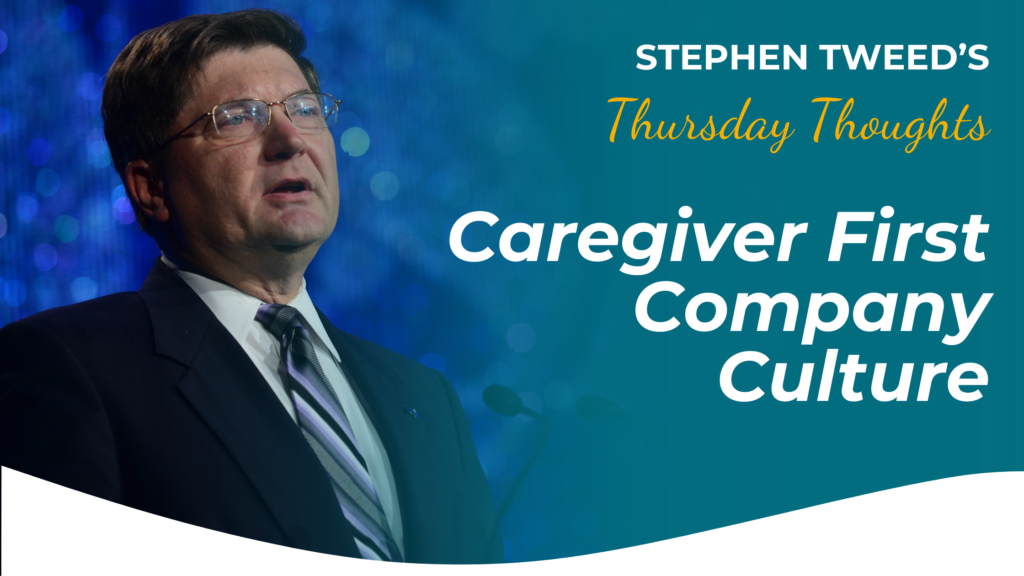 This past week, Stephen Tweed, CEO of Leading Home Care and Founder of Caregiver Quality Assurance® was interviewed by Heather Caspi, a writer for EMS World, a publication for Emergency Medical Services. Heather was doing research on a article about safety issues for emergency responders.
This past week, Stephen Tweed, CEO of Leading Home Care and Founder of Caregiver Quality Assurance® was interviewed by Heather Caspi, a writer for EMS World, a publication for Emergency Medical Services. Heather was doing research on a article about safety issues for emergency responders.
In the article, Heather wrote about the types of precautions that home care and hospice companies take to assure the safety of their in-home care workers. There are some clear parallels between the safety precautions of Emergency Medical Service responders and home care workers.
Here are some excerpts from her article:
Home-health agencies have long dealt with this aspect of care delivery, facing questions of security for lone, usually female, care providers. Another way in which the home-health care industry mirrors EMS is that it encompasses numerous business models and forms of care delivery, and has no single lead organization or set of standards.
“Much of the variation in safety policies occurs by geography and business type,” Tweed says.
While issues like assault can occur anywhere, the concern is typically highest in high-crime areas.
“Training, including that for safety, is also commonly tied to the level of skill provided by an agency, plus factors of time, pay rate and levels of education,” Tweed says.
He notes there are five distinct types of home health agencies that can all have their own approaches: skilled intermittent care; hospice; home medical equipment providers; home infusion therapy; and private duty home care, which ranges from non-medical personal care to companionship.
(Read the Full Article)
How Do You Assure the Safety of your Caregivers?
Every owner and administrator is concerned about the safety and security of their home care workers. Yet there are many different approaches.
What are your policies and procedures for assuring the safety and security of your in-home care workers?
What kinds of incidents have you had in the past that we can learn from?
What recommendations would you make to other readers on safety precautions and training?




